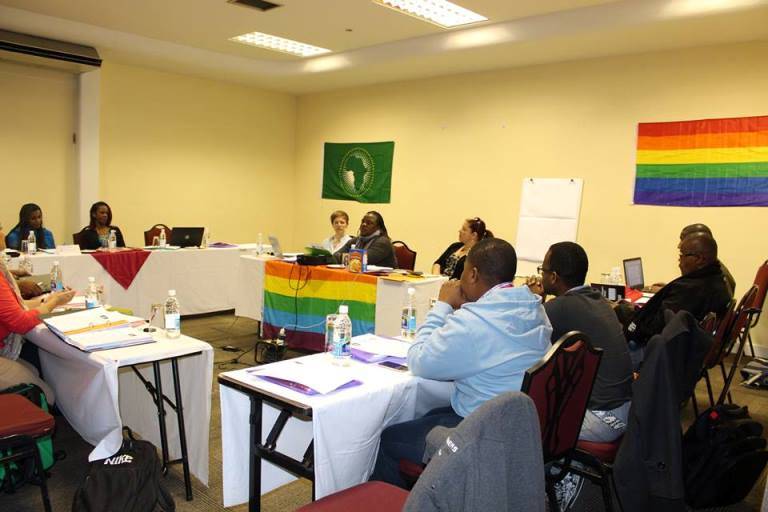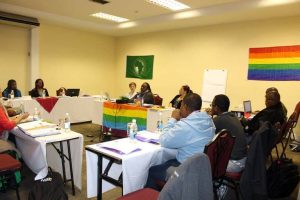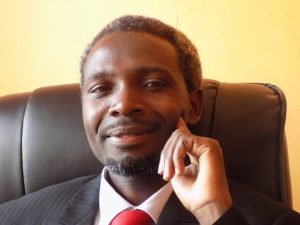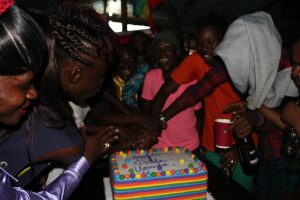By: Ambrose Barigye
Out-Right Namibia (ORN) this week hosted its first African Regional Training on understanding UN Mechanism and how to engage on reporting towards the Universal Periodic Review (UPR). The training was held in partnership with COC Netherlands and ARC International.
The Universal Periodic Review (UPR) is a mechanism of the United Nations Human Rights Council that emerged from the 2005 UN reform process. The UPR was established by the General Assembly resolution 60/251 of 2006 where the review periodically examines human rights performance of all 193 UN member states.
It is intended to complement not duplicate the work of other human rights mechanisms like the UN human rights treaty body. Some of the African countries up for review include Seychelles, Swaziland, Togo, Mozambique and Namibia among others.
The Human Rights Council resolution 5/1 provides that the UPR should among other things promote the universality, interdependence, indivisibility and interrelatedness of all human rights, be a cooperative mechanism based on objective and reliable information and on interactive dialogue, ensure universal coverage and equal treatment of all States and be an intergovernmental process, UN Member-driven and action oriented.
Some of the most tackled areas by the UPR in regards to the LGBTI community in Africa is whether governments keep the promises they make about LGBTI rights, what independent human rights experts and organisations say about the LGBTI situation in Africa and where the UN itself stands on the issue.
The host ORN is a Namibian LGBTI organization dedicated to the attainment of full constitutional equality and equity of sexual diverse people in Namibia through strategic leadership and governance, quality service provision, networking and advocacy as well as empowerment and movement building.
ORN’s partners ARC International is an organization that has been advancing lesbian, gay, bisexual and transgender (LGBT) rights since 2003 It continues to play a unique role in facilitating strategic planning around LGBT issues internationally, strengthening global networks, and enhancing access to UN mechanisms.





